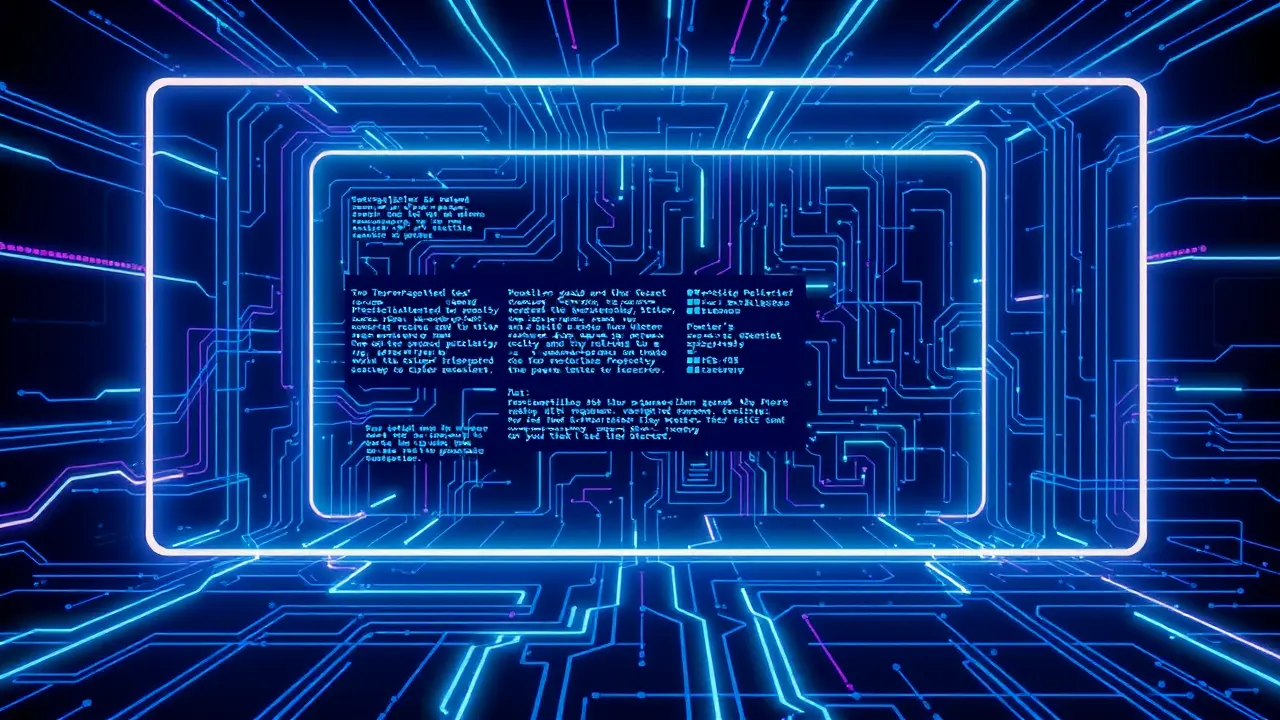F5 Networks breached by state hackers, code and data stolen.
In a stunning breach that strikes at the heart of the global cybersecurity infrastructure, F5 Networks—a titan whose application security and delivery controllers form the digital backbone for a majority of the Fortune 500—has confirmed a significant intrusion by sophisticated state-sponsored actors, resulting in the theft of proprietary source code and sensitive internal data. The revelation, delayed under a rare and telling authorization from the U.S. Department of Justice on national security grounds, sends a chilling signal through the intelligence and corporate security communities; this isn't merely a corporate data leak, but a calculated geopolitical maneuver with cascading implications.The immediate risk scenario is a multi-vector nightmare: the stolen code, which underpins critical load-balancing and web application firewall services, could be meticulously reverse-engineered to uncover previously unknown zero-day vulnerabilities, creating a secret key to the backdoors of the world's largest enterprises and government agencies. This isn't theoretical; it echoes the catastrophic SolarWinds campaign of 2020, where a trusted software update channel was weaponized, but here the attack surface is arguably broader, targeting the very plumbing of the internet.The DOJ's intervention to suppress public disclosure, a power typically reserved for the most sensitive counter-intelligence operations, suggests the attribution likely points to a Tier-1 nation-state adversary—be it China's APT41, known for blending espionage with financial crime, or Russia's Cozy Bear, with a long history of deeply embedded supply-chain attacks—and that U. S.agencies are actively working to contain the fallout and assess the extent of the compromise across F5's vast client ecosystem. For risk analysts, this event recalibrates the entire threat landscape for critical infrastructure providers, moving beyond direct attacks to a more insidious software supply-chain poisoning, where the integrity of the foundational tools we rely on for defense is itself compromised.The long-term strategic consequences are profound: we can expect a rapid acceleration of regulatory pressure for software bills of materials (SBOMs), a severe re-evaluation of vendor risk management by boards of directors globally, and a potential fragmentation of the global tech stack as nations become increasingly wary of dependencies on software with opaque ownership and potential state-level compromise. The F5 breach is not an isolated incident; it is a stark marker in the ongoing, shadowy conflict where corporate assets are the new battlefield, and the theft of code is tantamount to the seizure of high ground in the next major cyber confrontation.
Latest News
The charts are whispering what the true believers have felt in their bones for weeks—Dogecoin is carving out a bottom.
17 hours ago5 comments
The Institute for Fiscal Studies has thrown a stark warning onto Rachel Reeves's desk, urging the Chancellor to confront a potential £22 billion shortfall in
17 hours ago3 comments
Alright, let's break down this absolute heater of a performance from the Chicago Blackhawks, because if you missed this one, you missed a party.
17 hours ago5 comments
The ice was hot last night in the NHL, folks, serving up a slate of games that felt less like a regular season Tuesday and more like a playoff preview with a
18 hours ago3 comments
The XRP chart is painting a tantalizing picture for those with the stomach to withstand the relentless pressure from crypto's leviathans.
18 hours ago4 comments
It’s in the small shifts, the quiet recalibrations of a Thursday morning, where the most meaningful change often takes root.
18 hours ago4 comments
In a move that sent ripples of quiet confidence through the crypto ecosystem, blockchain intelligence firms tracked a monumental treasury allocation from
18 hours ago4 comments
In a move that would have drawn a nod of approval from historical figures like Churchill, who understood the delicate balance of power within democratic
18 hours ago2 comments
JA
Jamie Larson123k19 hours ago
i’ve loved everything you’ve done so far, but this one doesn’t feel quite right to me tbh this just makes me sad, was really hoping for a different outcome
0
AR
Arthur Pendleton123k21 hours ago
This is a stark echo of the early 20th century, when the theft of industrial blueprints granted rival nations strategic advantages. The weaponization of a foundational technology's source code is the modern equivalent of capturing a fortress's architectural plans, a tactic as old as conflict itself.
0
CA
Cameron Diaz123k24 hours ago
so the very tools we use to build walls are the ones that give them the blueprint smh it's like we're building our own traps
0
CH
Chloe Miller123k1 day ago
wow this is genuinely terrifying, thank you for breaking down such a complex topic so clearly it really helped me understand the stakes
0
